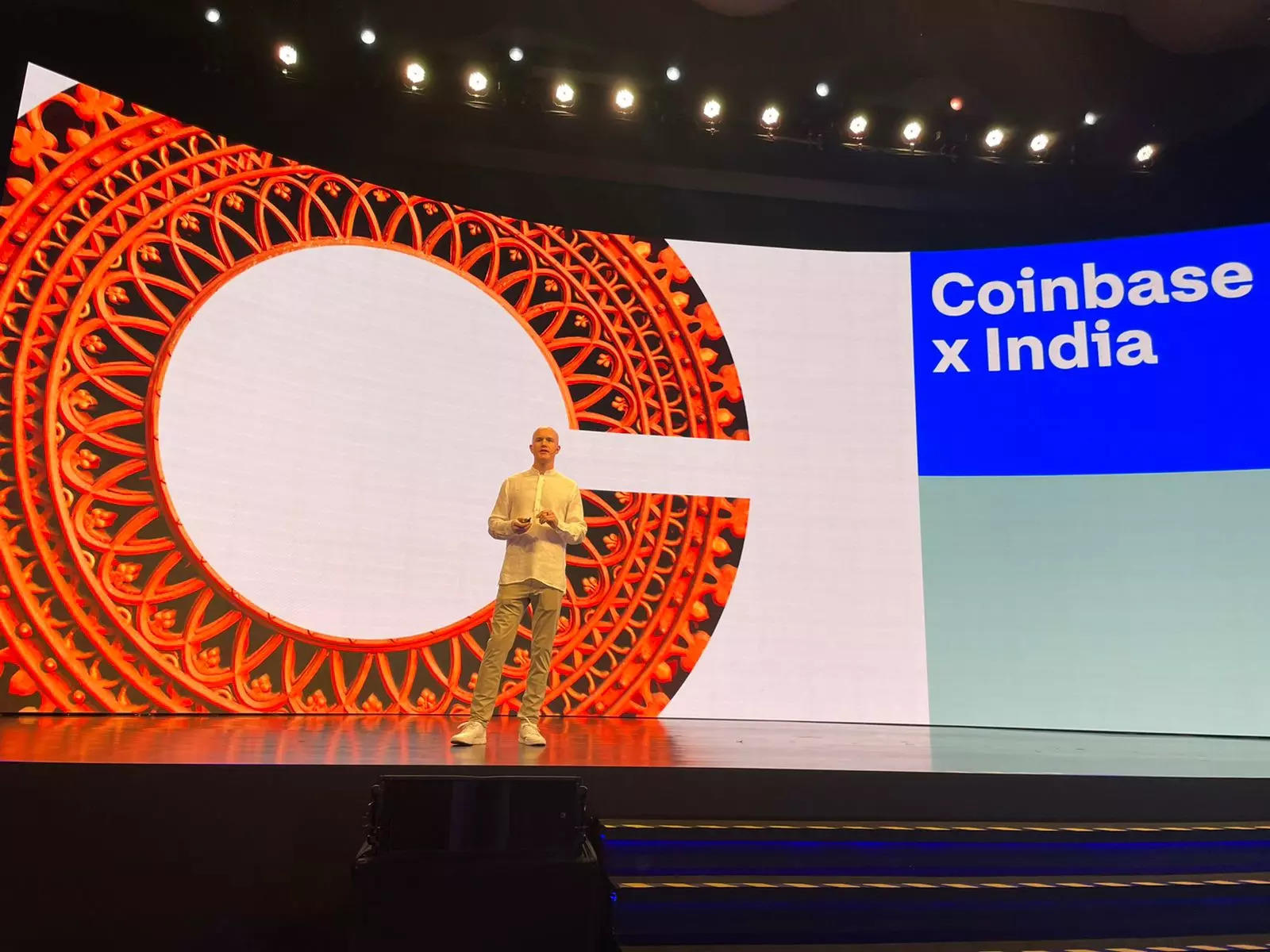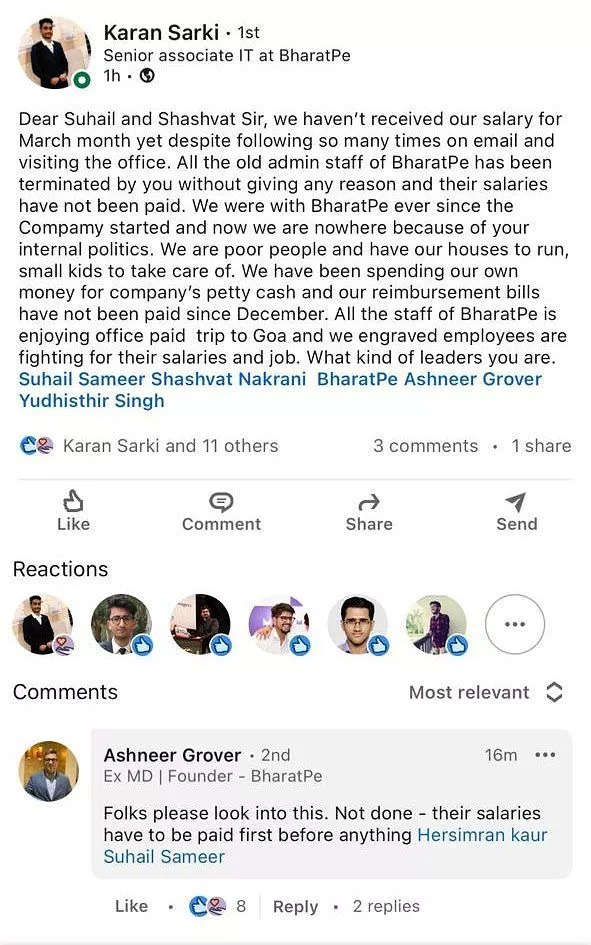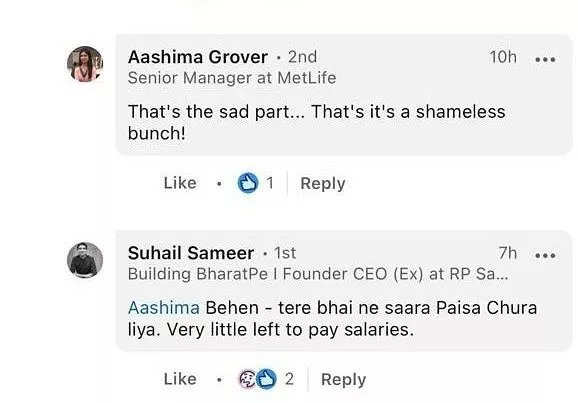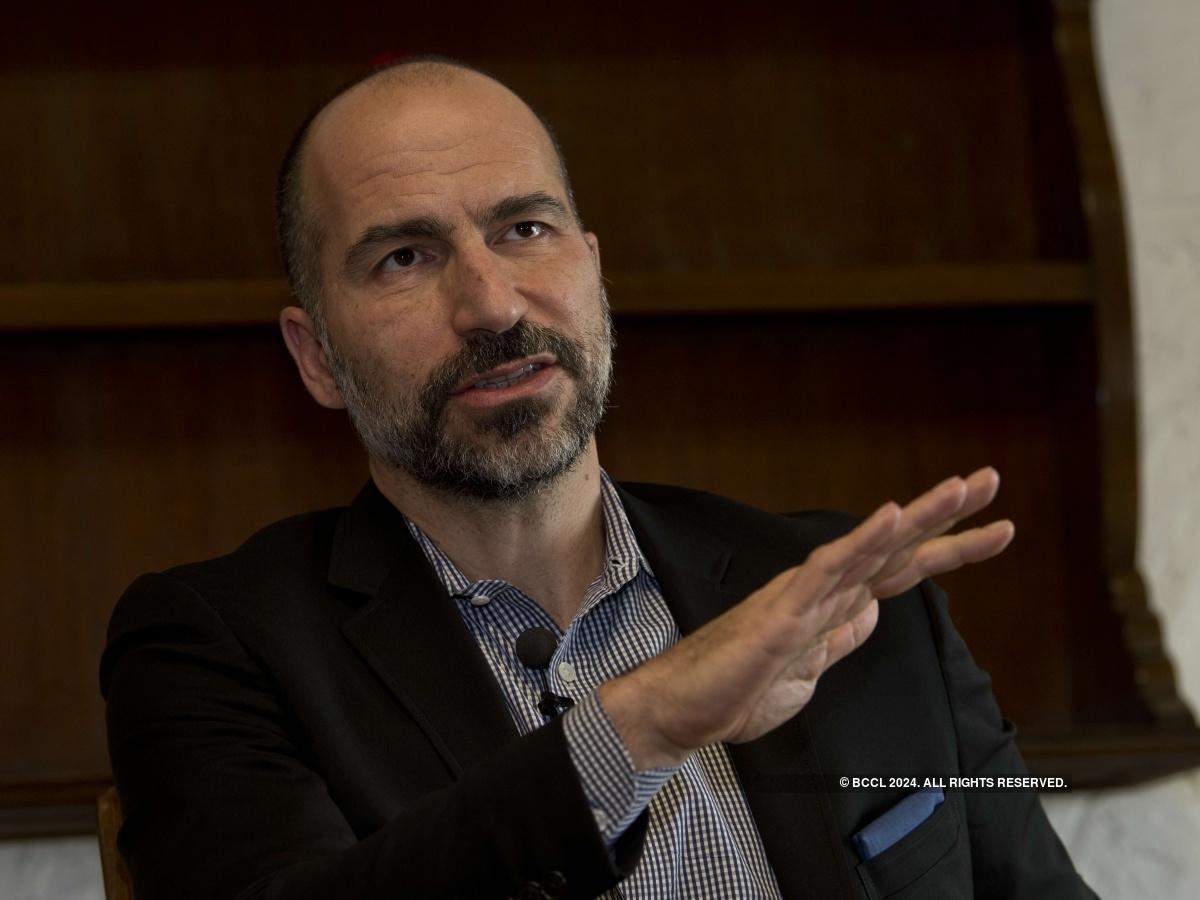Credit: Giphy
Also in this letter:
■ Coinbase in India for the long haul, CEO says at launch event
■ Grover vs BharatPe continues on LinkedIn
■ Are 10-minute deliveries a passing fad or the next big thing?
Unacademy lays off around 1,000 employees in huge cost-cutting exercise

Edtech startup Unacademy, which is backed by the likes of SoftBank, has laid off around 1,000 employees in the past few weeks, multiple sources told us. These include its on-roll staff and teachers on contract.
Why? Around 600 were asked to leave last week as the Bengaluru firm looks to cut costs amid an impending slowdown in venture funding and tightening of the economy.
“They are looking to bring down their cash burn from each cost centre and have therefore undertaken this move,” one of the sources said.
Unacademy was valued at $3.4 billion last August, when it raised $440 million led by Singapore’s Temasek.
Details: According to our sources, about 300 of the 1,000 were educators on contracts, while the rest were in sales, business and other functions.
Most were in the content sales and business development teams for Unacademy’s core test preparation product.
Unacademy’s response: “Based on the outcome of several assessments, a small subset of employee, contractor, and educator roles were re-evaluated due to role redundancy and performance, as is common for any organisation of our size and scale. The company has in good faith ensured they receive certain additional benefits and a generous severance,” a company spokesperson said in a statement.
Employees cry foul: Around half a dozen sacked employees we spoke to said that they were kept unaware of the entire exercise and that they had received no feedback about their allegedly poor ratings or performance.
Others said they were sacked before they could complete their roughly two-month probation period.
What’s next? Unacademy’s cost-cutting exercise is aimed at increasing the focus on its core businesses. It has therefore decided to shut Mastree, a skills programme for kids, and its kindergarten to grade 12 (K-12) businesses.
Sources briefed on the company plans said it would now largely focus on two products — its core test preparation business and the job-tech vertical of Relevel.
Coinbase in India for the long haul, CEO says at launch event

Coinbase CEO Brian Armstrong
Coinbase announced the launch of its crypto trading services in India at an event in Bengaluru on Thursday.
The move comes amid an uncertain regulatory environment in the country, which has led to a massive drop in crypto trading volumes, as we reported earlier today.
In for the long haul: But Coinbase’s cofounder and CEO Brian Armstrong said he didn’t expect anything to happen in India overnight. He said the company would make long-term investments in the country and was committed to working with bank partners, lawmakers and regulators.
“India is an important market for us… some 180-190 million are underbanked in India,” Armstrong said.
Also Read: Cryptocurrency exchanges under stress as liquidity providers take a step back due to TDS
Coinbase’s rival Binance, the world’s largest exchange by volume, launched in India in 2019 when it acquired WazirX. Coinbase, through its corporate venture arm, invested in crypto platforms CoinDCX and CoinSwitch Kuber in 2021.
Earlier this week, Armstrong said in a blog post that the firm has deployed $150 million in Indian technology startups focused on crypto and Web3.
On the metaverse: Armstrong said crypto and the metaverse were made for each other. His statement comes amid plans by Meta Platforms to introduce virtual tokens and cryptocurrencies in its family of apps, according to a Financial Times report on Wednesday.
BharatPe CEO says Grover “stole money” as saga continues on LinkedIn

It’s been more than a month since Ashneer Grover resigned from BharatPe, but scuffles between the company and its cofounder continue unabated on social media. On April 7, Grover got into another social media spat with BharatPe’s management, this time over alleged non-payment of salaries to some employees.
What now? On Wednesday, an IT associate at BharatPe wrote on LinkedIn that he and other staffers had not received their salaries for March.
“We were with BharatPe ever since the company started and now we are nowhere because of your internal politics,” Karan Saraki wrote, tagging BharatPe CEO Suhail Sameer and cofounders Ashneer Grover and Shashvat Nakrani.

Fuel for a fire: Responding to the post, Grover wrote, “Folks please look into this. Not done — their salaries have to be paid first before anything,” tagging head of financial control at BharatPe Hersimran Kaur and Sameer. His sister Aashima Grover also joined in, describing BharatPe’s top management as a “shameless bunch”.

To this, Sameer responded, “Tere bhai ne saara paisa chura liya (your brother stole all the money). Very little left to pay salaries.” The comment drew an immediate backlash and Sameer later apologised for the message.
“Friends – I apologise to have irked many of you. In hindsight, it was out of line. We are already working on past employees’ full and final [settlements] being paid out. My comment was a reaction to a particular statement, not the post. But I accept the mistake. I request you to also have patience, and refrain from building a story based on false narrative,” he wrote.
Tweet of the day
ETtech Opinion | Are 10-minute deliveries a passing fad or the next big thing?

I recently did a poll in which I asked how frequently people used 10-minute deliveries.
The result surprised me.
More than 65% had never used a 10-minute delivery service. This is in a group of more than 1,500 tech-first, digitally savvy folks. I’d imagine that this number is even higher among the general population.
Around the world, more than $10 billion has been put to work on delivering stuff in under 10 minutes – a phenomenon that began in sync with the pandemic and reached India almost instantly.
In ecommerce, you have a trifecta of Cs – cost, convenience, and catalogue. Every ecommerce player becomes known for one C and has to compromise on the other two. Amazon is known for convenience, Meesho for cost and BigBasket for catalogue.
Ten-minute commerce is a convenience play. Players have limited catalogues and charge high prices for the convenience. A deeper dive into the market in India puts it at around $15 billion.
The question everyone asks is: “Is this even needed?” It’s a fair question, especially with the potential life-threatening irony of getting hurt while delivering potatoes in 10 minutes.
Click here to read the full column by Aviral Bhatnagar.
In India, you have to play the long game: Uber CEO Dara Khosrowshahi

Uber CEO Dara Khosrowshahi
Dara Khosrowshahi, the CEO of global ride-hailing company Uber, said that the company is invested in India and will expand its product offerings and its team here.
Quote: “We continue to expand the product offerings for the Indian consumer,” he said. “Whether it is autos, motos or high capacity vehicles or rentals… India has always been a very big part of the Uber journey.”
A bumpy ride: The pandemic has dented the growth of the mobility sector and cooled down the heated battle between Uber and Ola. While Ola has diversified into other businesses such as quick commerce, food delivery, second-hand car sales, and even making electric vehicles, Uber has been focussing on using its talent pool in India to build products for other markets.
Focus beyond metros: Khosroshahi said that the company is focussing on investing beyond the top 10 cities in the country.
Khosrowshahi also said that partnering with other businesses in India will be crucial going forward, especially for electric mobility. Uber has partnered with battery swapping company Sun Mobility and EV cab company Lithium Urban for electrifying its fleet in India.
Today’s ETtech Top 5 newsletter was curated by Arun Padmanabhan in New Delhi and Zaheer Merchant in Mumbai. Graphics and illustrations by Rahul Awasthi.
























